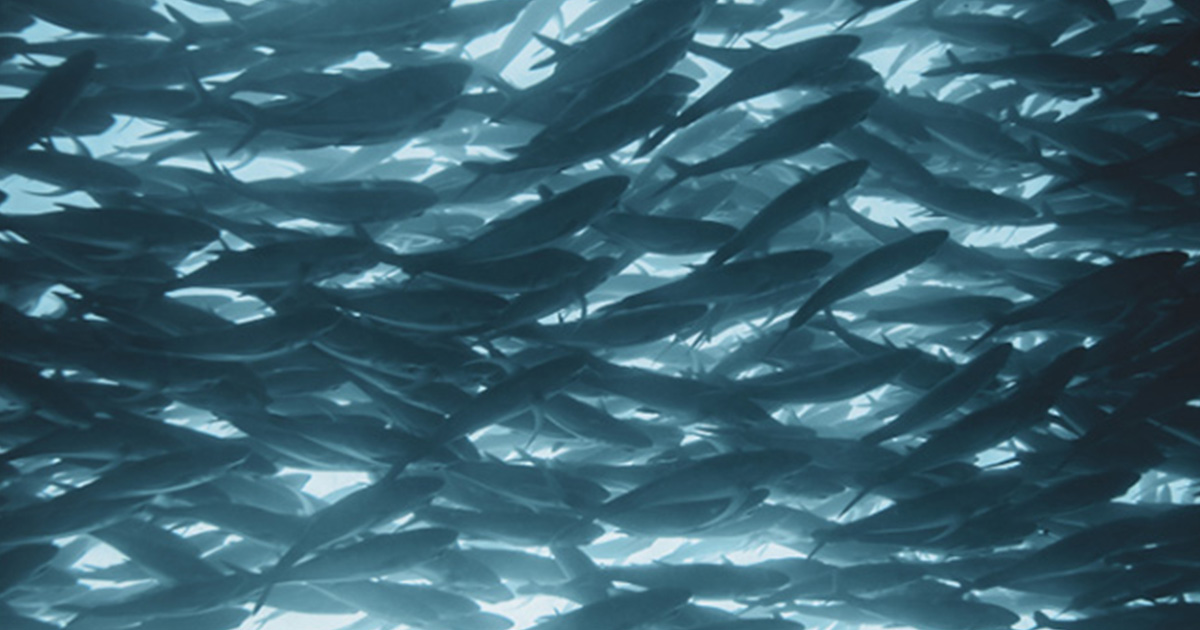The Crown Estate and the Centre for Environment, Fisheries, and Aquaculture Science (Cefas) have released a report which aims to help stakeholders involved in offshore wind developments better assess the impacts of electromagnetic fields (EMFs) from subsea power cables on the marine environment.
According to the Crown Estate, the report should improve the understanding of the potential effects of EMFs, produced by power transmitted through subsea cables, on marine species, providing further evidence to facilitate and accelerate decisions in the planning and consenting of offshore wind farms.
The report, called Electromagnetic Fields (EMFs) from subsea power cables in the natural marine environment is the first of four research projects to gather data and evidence that could help maximize energy and biodiversity benefits from seabed, while supporting other seabed users.
The insights from the report will feed directly into a follow-on project, funded by Offshore Wind Evidence and Change (OWEC), named Floating Offshore Wind Environmental Response for Stressors, which could build an understanding of EMF as an environmental stressor associated with floating offshore wind.
The Crown Estate has committed a total investment of up to £50 million to the OWEC program and brings together a coalition of 27 government organizations, industry bodies, and environmental NGOs to support a range of projects that will create a data and evidence base that can be used to shape the future of offshore wind and the marine environment.
“Offshore wind has a vital role in the UK’s transition towards clean energy and delivering on its net zero commitments, however there is still a lot we don’t know in terms of the impacts of offshore wind infrastructure on the marine environment, which can often delay progress,” said Grant Stentiford, Chief Scientist at Cefas.
“The results of these projects will make a significant contribution to furthering the scientific evidence base on key topics relating to biodiversity change and environmental impacts, which in turn will strengthen and improve decision making.”
Last year, the Crown Estate joined forces in a new international project with the Dutch Rich North Sea program, to gather seabed data in one place to identify how biodiversity gain can be delivered in tandem with the expansion of offshore wind.
The project was delivered through an international collaboration between Cefas and Flemish marine research organization, the Flanders Marine Institute (VLIZ).





